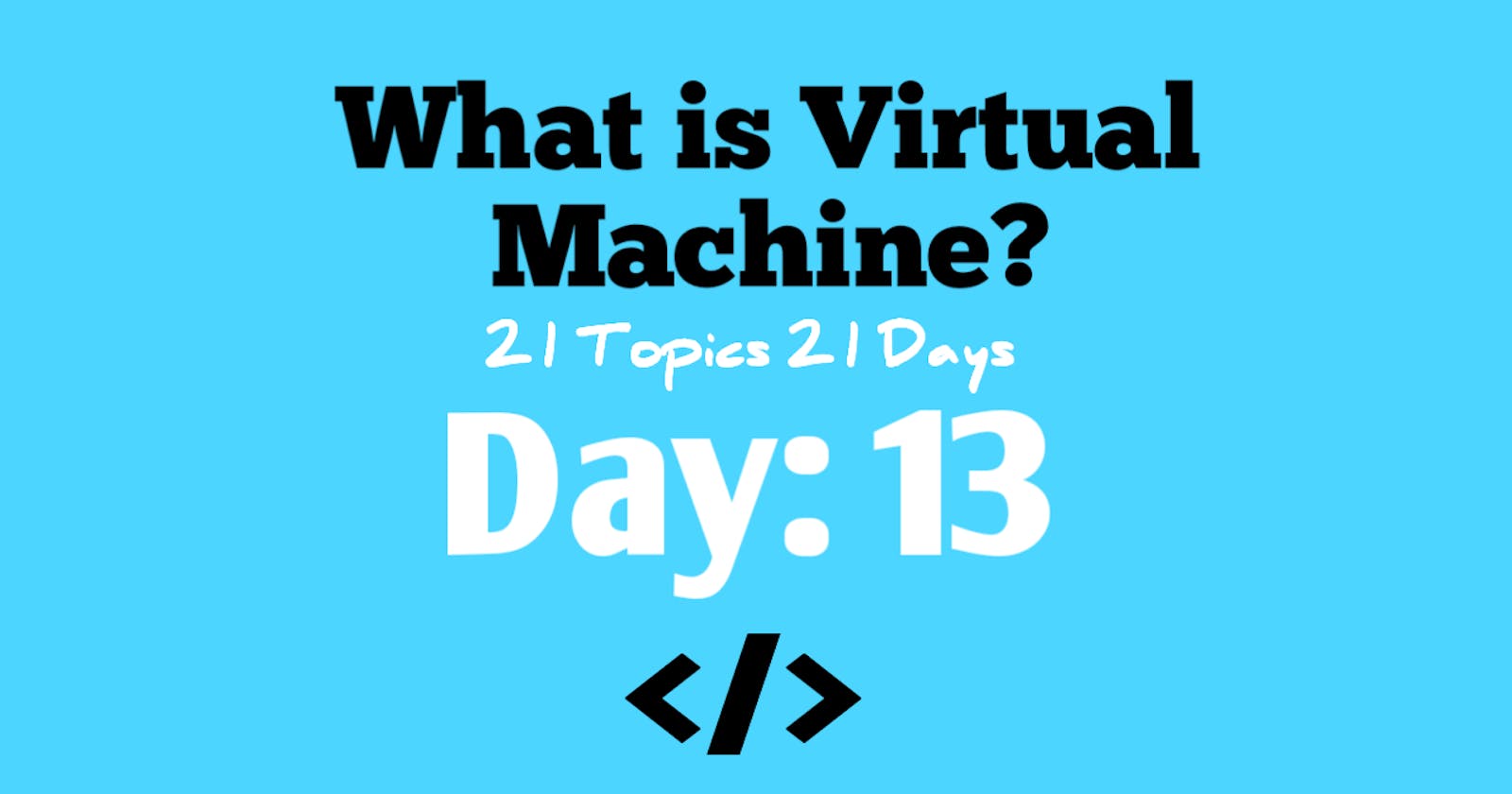A virtual machine (VM) is a software-based emulation of a computer system that operates like a real machine. It runs on top of a host operating system, using its own set of virtualized resources, including a virtual CPU, memory, storage, and network interfaces. This allows multiple virtual machines to run on a single physical machine, each with its operating system and applications as if they were separate physical computers.
Virtual machines are used for a variety of purposes, including testing and development, software compatibility, and for running multiple operating systems on the same computer. By isolating the virtual machine from the host operating system, virtual machines provide a layer of security, as any potential security issues or failures in one virtual machine will not affect the host operating system or other virtual machines.
Types of virtual machines
There are two main types of virtual machines: system virtual machines and process virtual machines. System virtual machines provide complete virtualization of the hardware, enabling multiple operating systems to run simultaneously on a single physical machine. Process virtual machines, on the other hand, only provide virtualization of the operating system environment, allowing multiple applications to run on the same physical machine.
Advantages of virtual machines
Virtual machines offer several advantages over traditional computing, including reduced hardware costs, improved efficiency, and increased flexibility. By using virtual machines, multiple operating systems can run on a single physical machine, reducing the need for multiple physical computers. Virtual machines also enable easier management of resources and the ability to quickly create and destroy virtual machines as needed.
Virtual machine software
There are several popular virtual machine software programs available, including VMware, VirtualBox, and Hyper-V. These programs provide a user-friendly interface for creating and managing virtual machines and offer a range of features including virtual networking, storage, and security options.
Use cases for virtual machines
Virtual machines are widely used in a variety of industries and for a variety of purposes, including testing and development, software compatibility, and disaster recovery. They are also commonly used for running multiple operating systems on a single computer, such as Windows and Linux.
Limitations of Virtual Machine
While virtual machines offer many benefits, they are not without limitations. One of the main limitations is performance, as virtual machines can be slower than physical machines due to the overhead of the virtualization layer. Additionally, virtual machines can be more complex to set up and manage than traditional physical computers, and they may also have compatibility issues with certain hardware and software.
Conclusion
Virtual machines provide a powerful and flexible solution for computing needs, offering benefits such as reduced hardware costs, improved efficiency, and increased flexibility. Whether used for testing and development, software compatibility or running multiple operating systems, virtual machines are a versatile and useful tool for modern computing.
